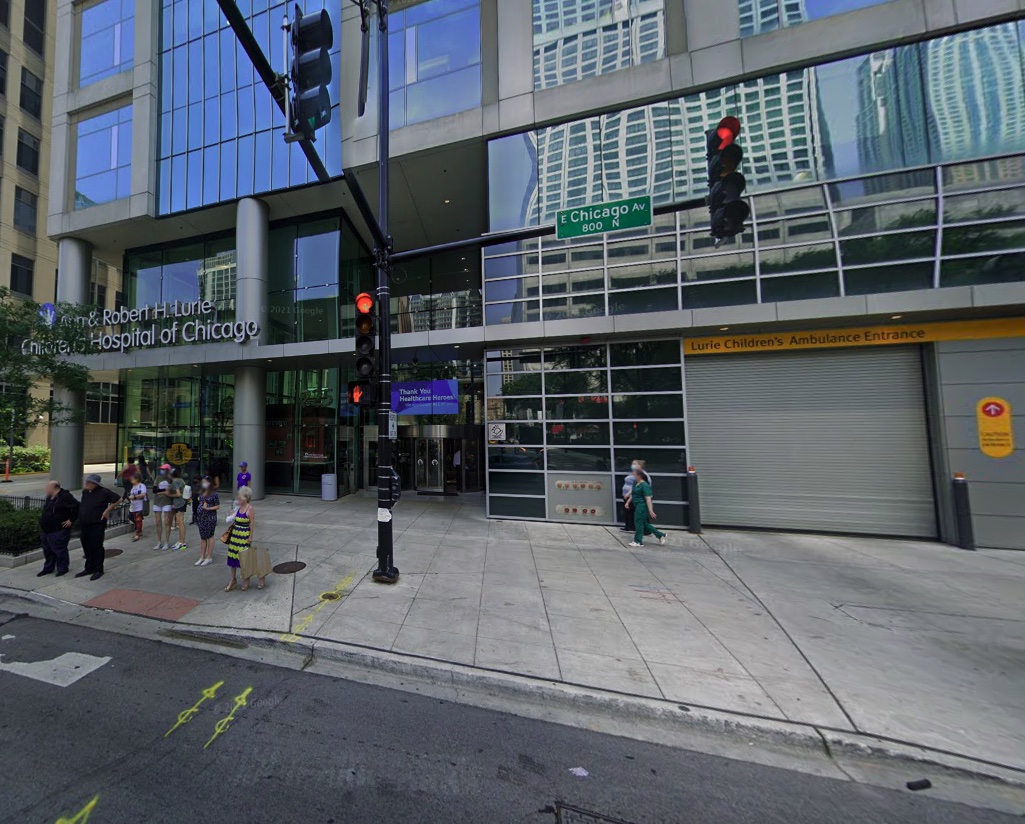A recent study conducted at Ann & Robert H. Lurie Children’s Hospital in Chicago, Illinois, USA, has demonstrated that injecting stem cells derived from heart tissue can promote wound healing in Crohn’s disease patients. Crohn’s disease is a lifelong condition that causes inflammation in various parts of the digestive system, leading to symptoms such as abdominal pain, cramps, and bleeding.
The researchers utilized heart tissue, typically discarded during surgery, to conduct their experiments. Using a mouse model, they tested their hypothesis and observed a reduction in intestinal inflammation when stem cells were directly injected into inflamed lesions in the small intestines.
This breakthrough offers a potential alternative treatment for Crohn’s disease patients, as current medications often come with severe side effects and an increased risk of gastrointestinal dysfunction.
Dr. Arun Sharma, senior author of the study and Director of Pediatric Urological Regenerative Medicine and Surgical Research at Northwest University in Washington, commented, “Neonatal cardiac-derived mesenchymal stem cells have been used in a clinical trial to repair an injured heart. But this is the first time these potent cells have been studied in an inflammatory intestinal disease model. Our results are encouraging and definitely provide a new platform to potentially treat aspects of chronic inflammatory bowel diseases.”
Dr. Sharma further emphasized that using these stem cells presents a feasible approach to treating Crohn’s disease, with the goal of using stem cells both as a treatment and a preventive measure against the disease. The next step for the study is to develop a safe method for injecting the cells into the body through a vein.






